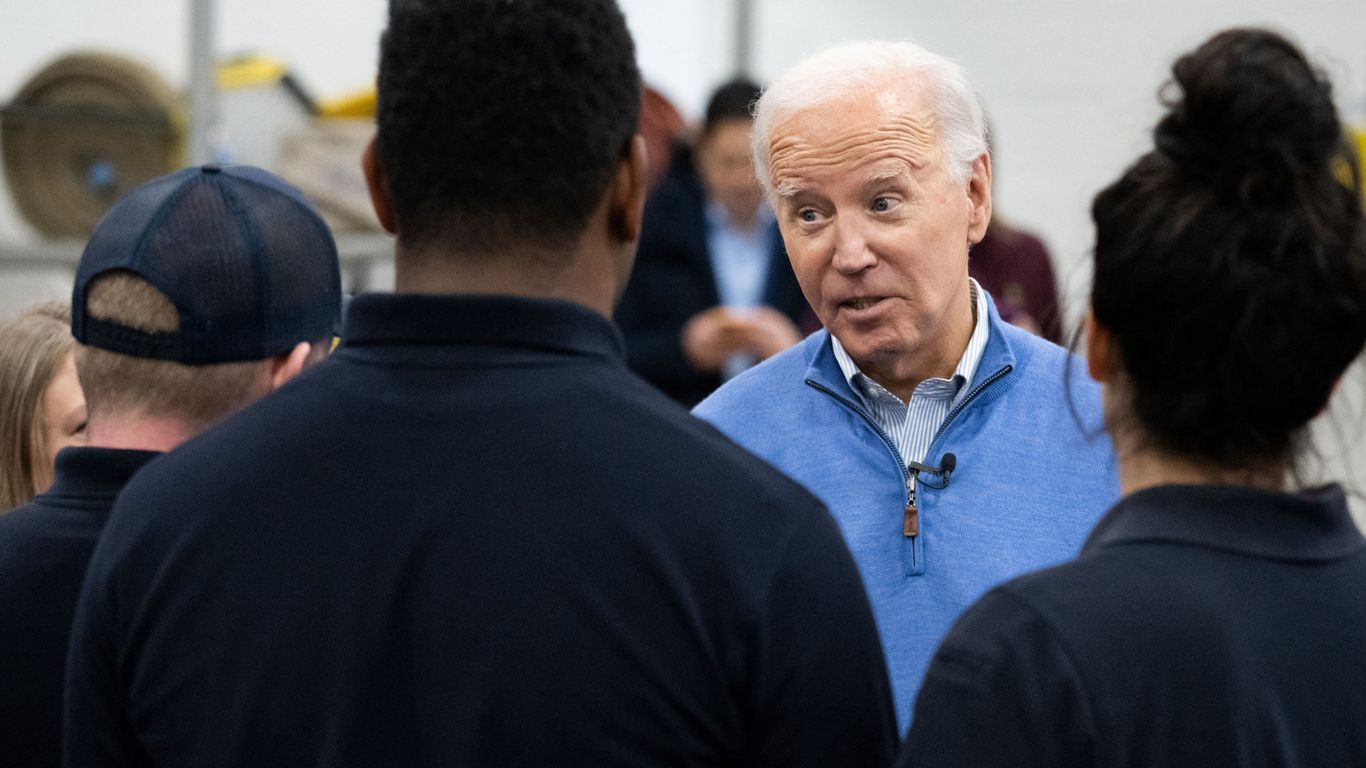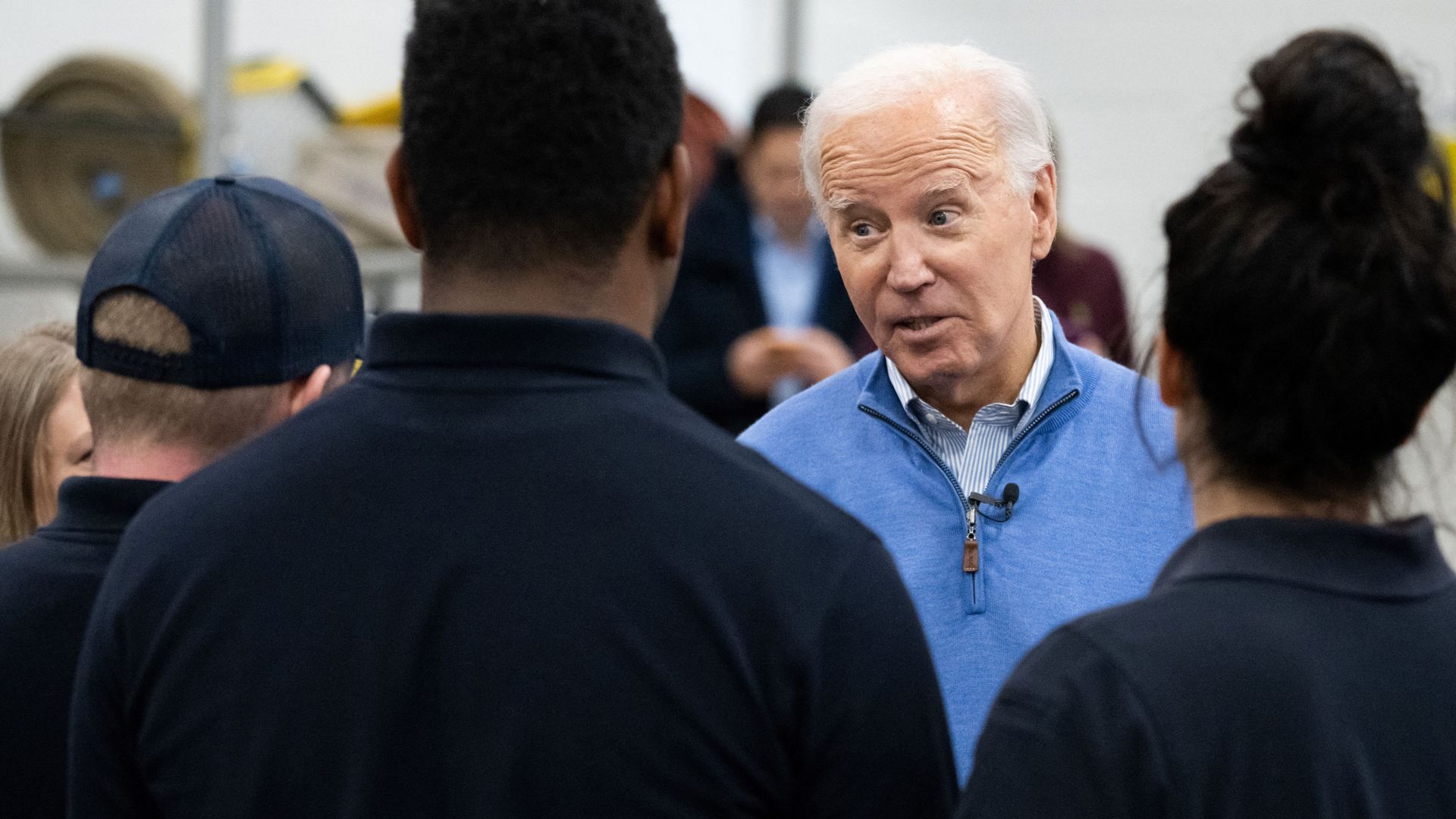
President Biden is facing criticism from interventionists and isolationists in Congress over his recent strikes against Houthi rebels in Yemen and other militia groups in the Middle East. Dovish lawmakers argue that President Biden lacks authority to unilaterally carry out the strikes while foreign policy hawks say he's not going far enough. A group of 14 House Democrats and eight House Republicans signed onto a letter raising concerns about what they labeled 'unauthorized' strikes against the Houthis on Friday, urging the administration to seek authorization from Congress before involving US in another conflict in the Middle East. The Senate passed a measure repealing a 2002 AUMH that sanctioned Iraq War last year but it has stalled in House due to opposition from GOP foreign policy hawks.





